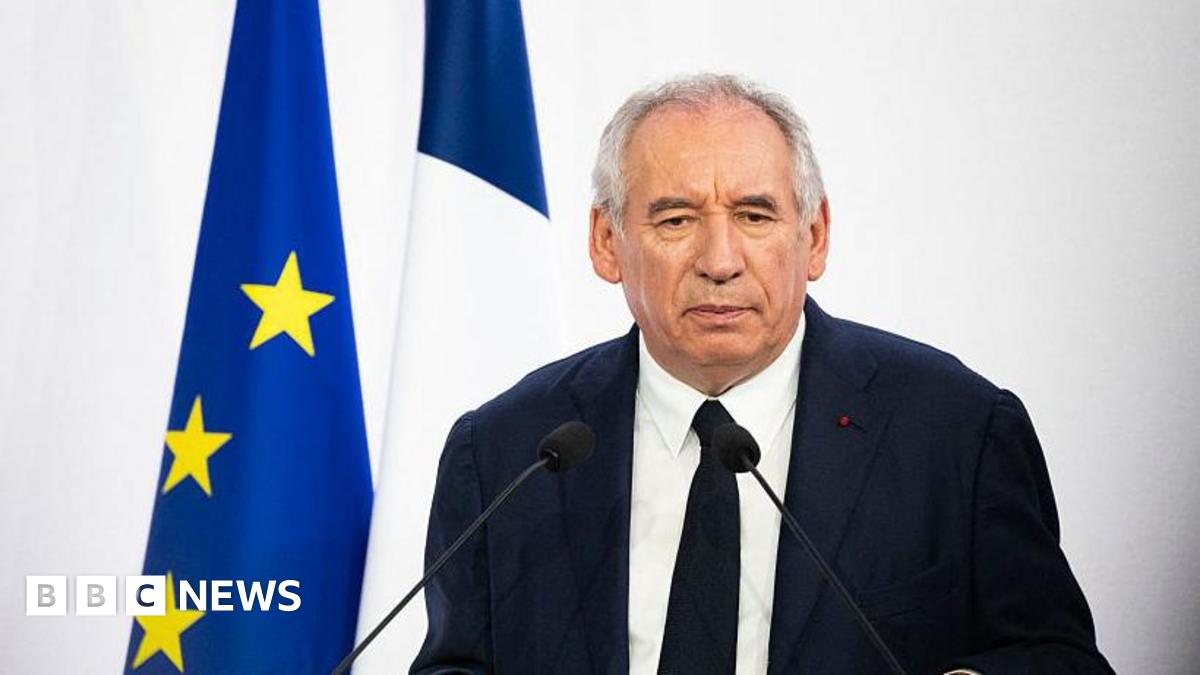China's Shadow Over New York: How Beijing's Influence is Shaping City Elections

New York City, the financial and cultural heart of America, is facing a growing concern: the subtle yet pervasive influence of the Chinese government on its local elections. A recent investigation has uncovered a sophisticated network of community groups, allegedly mobilized by the Chinese consulate in Manhattan, working to undermine candidates who don't align with Beijing's political agenda.
The Consulate's Reach: A Web of Community Groups
The investigation reveals a concerted effort to identify and target candidates deemed unfavorable to the Chinese Communist Party (CCP). The Chinese consulate, acting as a central hub, allegedly directs resources and orchestrates campaigns aimed at discrediting or defeating these candidates. These efforts primarily involve leveraging a network of seemingly independent community organizations, often representing Chinese diaspora groups.
These groups, while appearing to advocate for community interests, are reportedly pressured to endorse candidates favored by the consulate and actively campaign against those who are not. This pressure can take various forms, including financial incentives, promises of political favors, and even threats.
Why New York City? Strategic Importance
New York City’s significance in this context is undeniable. As a major global financial center and a diverse melting pot of cultures, the city holds immense political and economic importance. The CCP views influencing local politics as a way to project its power and shape narratives both domestically and internationally. Success in New York can serve as a model for similar operations in other major cities across the United States.
The Tactics: Disinformation and Negative Campaigning
The tactics employed are often subtle but effective. Disinformation campaigns, spread through WeChat and other Chinese-language platforms, are used to damage the reputations of targeted candidates. These campaigns frequently rely on false or misleading information designed to sway public opinion. Negative campaigning, focusing on personal attacks and exaggerations, is also a common tool.
Furthermore, allegations of voter intimidation and interference have surfaced, raising serious concerns about the integrity of the electoral process. While concrete evidence is still being gathered, the potential for undue influence is undeniable.
Concerns and Countermeasures
The revelations have sparked outrage among political analysts and community leaders. Concerns are mounting about the erosion of democratic principles and the potential for foreign interference in American elections. Calls for greater scrutiny of the Chinese consulate's activities and increased oversight of community organizations are growing louder.
Lawmakers are now exploring potential countermeasures, including stricter regulations on foreign lobbying and enhanced monitoring of online disinformation campaigns. Community groups are also mobilizing to raise awareness and protect the integrity of the electoral process. The challenge lies in balancing the legitimate interests of the Chinese diaspora with the need to safeguard American democracy.
The Future of New York's Elections
The unfolding situation in New York City serves as a stark reminder of the vulnerabilities of democratic systems to foreign influence. As China's global power continues to rise, vigilance and proactive measures are essential to protect the integrity of elections and ensure that the voices of American voters are not silenced. The long-term implications for US-China relations and the future of American democracy remain to be seen.





